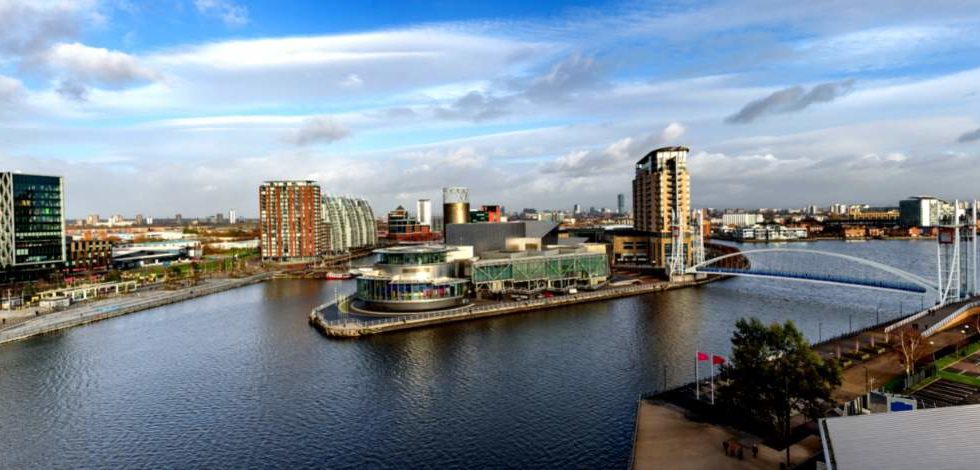Mark Smith, Partner for Innovation, shares his views on what the latest budget means for business and the innovation funding landscape.
Science superpower
Once again, the intention to become an innovation powerhouse was prominent in this year’s budget. It’s great to see the recognition that innovation is important despite fiscal tightening so, from an R&D perspective, the message was promising. The Chancellor expressed that the Government wants to make the UK the best place in the world for companies to innovate and his decision to consult the industry on R&D schemes is a wise one and something we have recommended to HMRC directly.
International prominence for R&D activity is increasingly competitive. When investing in an R&D project, businesses weigh up which location best suits their project, so the environment we create for businesses matters enormously. A big part of that is the schemes available. How generous are they? How easy are applications? We need to analyse all aspects of our scheme to make it as attractive as possible. For example, we don’t agree that capping the possible R&D tax credits at £20,000 for SMEs is a sensible decision.
Furthermore, there was a lot of rhetoric around innovation in this budget, but ultimately there wasn’t enough commitment to anything concrete, which is a little disappointing because there were changes to implement from the last consultation. This research found a consensus that we should incorporate costs of certain technology, such as cloud computing and data use, into R&D schemes. The cost rules were written 20 years ago, back when the world saw the first camera phone and cloud tech didn’t even exist. Why wait to make this change? We are well into the digital era and the criteria are in drastic need of an update. The UK is a hot bed for leading technological research, so we need to update the rules now and on a regular basis, especially across IT and software. From an R&D perspective, we are seeing too much reviewing and not enough action.
Green economy
We fully support the Government’s commitment to an investment led recovery focusing on the green economy. The Government is unleashing a huge amount of cash to reboot the economy, so it makes perfect sense to use the opportunity to channel the economy in a forward-thinking direction. The future is sustainable, and we should adapt to the demands of the modern economy.
By leveraging our world leading research facilities, the UK could be the next global leader in green technologies, which would provide a huge opportunity in the aftermath of Brexit. We support the announcements to foster the green economy by giving UK savers a chance to invest in green projects through a sovereign green bond and through targeted renewable energy support.
However, to succeed in our green revolution and to achieve net zero, we must act to stimulate sustainable R&D activity, and I felt this was lacking in today’s announcement. Indeed, we want to foster the cutting edge of environmental research, such as carbon capturing technology or sustainable food cultivation, but that will not come from a few leaders. All businesses must change how they operate. That means reducing your energy use or improving waste disposal. These incremental, collective efforts will be all important in the years to come.
One solution lies in a targeted incentive for all sustainable innovation. At the moment, R&D incentives are the same for all projects. If the government really wants to become a global hub for green innovation, why not create a supercharged rate for activity that fits within sustainable criteria? That could be very effective.
Regional economies
At long last, the Government is looking beyond infrastructure to address regional economic divisions. It’s no secret that the UK economy is unbalanced. Most European countries have a few strong cities, but other regions are far behind London due to a comparative lack of investment. We need to change how our economy functions by bringing jobs to people, not people to jobs. At the moment, there’s a big brain drain to London.
The Government appears to be acting on its commitments to level up the regions. Improving local infrastructure through the National Infrastructure Bank is important to give local economies a boost, but the Government also needs to spur local innovation. The creation of the eight freeports takes this further. These specialised economic zones can support local business activity, create an ecosystem and encourage collaboration and innovation. These zones should attract enhanced R&D reliefs to incentivise the innovative, fast growing businesses to locate to these regions bringing the highly skilled and high paying jobs with them.
Furthermore, with debt so large, the funding from The National Infrastructure Bank must be spent wisely. Infrastructure projects are rarely completed on time or budget, which tells us that this money won’t have the desired impact if the Government sticks to the usual processes. The Government needs to procure more diligently and should incentivise innovation in construction to boost productivity in the sector for these projects to become an economic boost as opposed to a capital drain.















No Comments